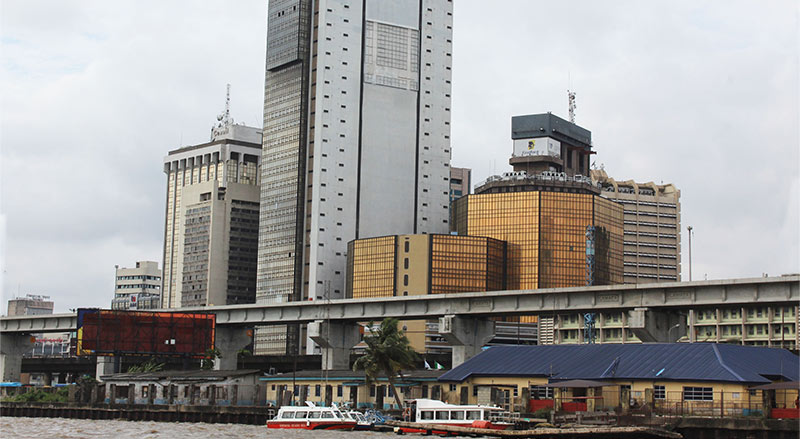The Nigerian government has drafted and adopted a new technology strategy that aims to actively encourage the adoption of blockchain and other emerging technologies by citizens, says the Director-General of the National Information Technology Development Agency (NITDA), Kashifu Inuwa Abdullah.
This includes an ambitious plan to train one million new developers in the next 18 months as well as five key target areas where the government feels blockchain involvement will be beneficial, he said. This includes:
- The tracking and tracing of goods and services;
- Expanding the financial system with the broader goal of promoting financial inclusion;
- Identity services;
- Smart contracts and dispute resolution;
- Customer engagement, loyalty programmes and retention.
‘Ultimately, blockchain is a trust technology and it can help to optimise the transparency and integrity of everything we do,’ Abdullah said.
Building an industry with the BSV blockchain
Part of this focus on blockchain development will see NITDA and the Nigerian government work with the BSV Academy to help train and educate developers on the value of the BSV Blockchain.
‘We also have a NITDA virtual academy which was conceptualised during the (COVID) lockdown. It is a mass online open system where we have Nigerian learning technologies. Within the last two years we have trained more than 496,000 people.
‘We are going to sign an Memorandum of Understanding with Domineum and nChain on how to train blockchain developers in Nigeria, and create literacy and awareness so that it will address the drawbacks about blockchain and help people accept the technology.
‘Blockchain is technology for everything – anything you can think of you can apply to blockchain. Blockchain is about trust and trust is what turns the world around.’
Nigeria – a blockchain powerhouse
Nigeria’s government policy and regulations are specifically geared to help realise the potential of blockchain in the country, said Abdullah.
‘Looking at PWC research, blockchain can add $1.76 trillion to the global GDP by 2030. Looking at the potential in Nigeria we think if we adopt blockchain in the country, it can add $29 – $30 million to the Nigerian GDP by 2030.
We have the potential, and we have use cases that we have identified and can apply. We also have the talent in the country that can help create this valuable blockchain industry.’
